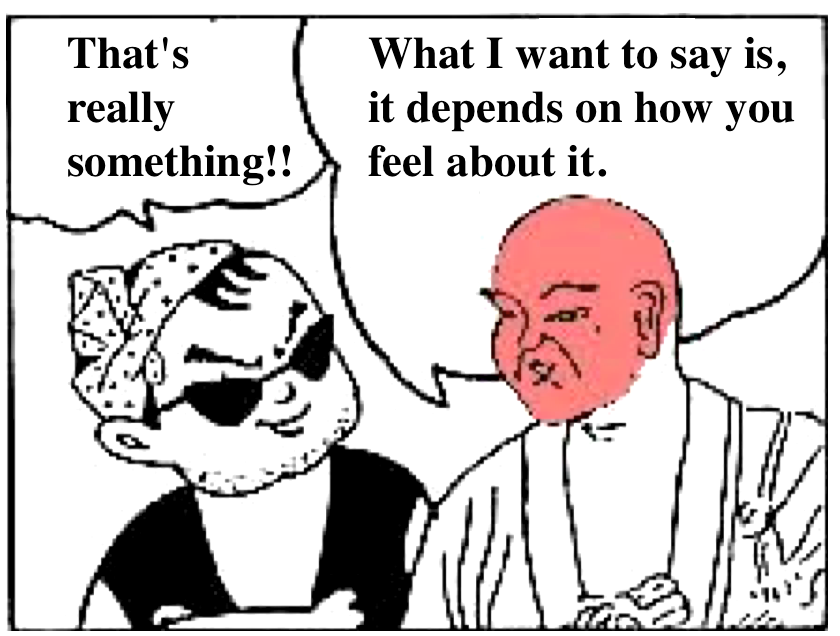





【つかいかた】
 をクリックすると、このペー
ジに戻ることができますます。
をクリックすると、このペー
ジに戻ることができますます。Copyleft, CC, Mitzub'ixi Quq Chi'j,
1996-2099
- It is hardly possible to overrate the value, in the present low state of human improvement, of placing human beings in contact with persons dissimilar to themselves, and with modes of thought and action unlike those with which they are familiar. Commerce is now, what war once was, the principal source of this contact. Such communication has always been, and is peculiarly in the present age, one of the primary sources of progress. - John Stuart Mill, Principle of Political Economy, 1848 (p.389)
- 人類がおかれた改善の現在の低次の段階において、各人が自身とちがうタイプの人たちや、慣れ親しんだ考え方とは異なる考え方や行動に触れることの価値は誇 張しきれない。今日の商業は、かつて戦争がそうであったように、この接触の主要な源になっている。そのようなコミュニケーションはいつでも、とりわけ現代 では、進歩の主要因のひとつである——ジョン・スチュアート・ミル(1848)
'When a European has been living for two or three years among savages he is sure to be fully convinced that he knows all about them; when he has been ten years or so amongst them, if he be an observant man, he finds that he knows very little about them, and so begins to learn' - R.H. Codrington (1891:vii) The Melanesians.
「もしヨーロッパ人が2,3年ほど野蛮人の間で暮ら したら、その人(=彼)は彼ら(野蛮人)について何でも知っていると確信するだろう。(だが)その人が 10年やそこら、彼ら(野蛮人)のあいだで過ごしたら、つまり彼は観察者になるわけだが、彼は自分がほとんど連中(=彼ら)のことについて何もしらないこ とに気づくはずだ。そしてそこから、彼は学びはじまるのである」——ロバート・ヘンリー・コドリントン(1848)
- 「悲劇的な人生 を送らなかった人間がどうして悲劇的な選択をこれほど強調し、内的な衝突に苦しめられている人たちにこれほど共感するのか。彼の答えは簡単だった。『私の 人生は私の見方とは反対である。私はすべての選択は苦痛に満ちていると思うが、選択が自分にとって苦痛だとは思わない』。もしそれが本当だったとしたら、 彼の仕事は、自分自身の人生ではなく、自分以外の人の生き方を想像する能力に 負っていたのである」(マイケル・イグナティエフ『アイザイア・バーリン』 石 塚雅彦・藤田雄二訳、315頁、2004)
